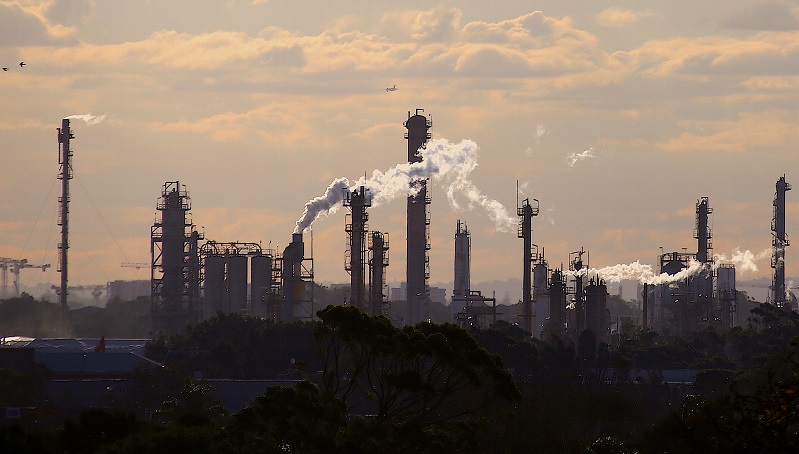Australia’s lower house on Monday passed an emissions reduction plan with curbs on some new gas and coal investments and a cap on total greenhouse gas emissions from the country’s biggest polluters after a key deal with the Greens Party.
The “Safeguard Mechanism” reform legislation is key to the Labor government’s pledge to cut emissions by 43% by 2030 in a country that ranks as one of the world’s biggest carbon emitters per person.
Weeks of talks with the Greens Party, whose support is needed in the upper house Senate, yielded changes including a hard total emissions cap, ministerial review for projects that raise total emissions and compulsory disclosures for polluters that rely heavily on carbon offsets to meet their targets.
The updated legislation requires all new gas projects in the Beetaloo Basin to have net zero carbon emissions and new gas fields supplying existing liquefied natural gas (LNG) plants to have net zero reservoir emissions, imposing new costs. This does not include the emissions from customers burning the gas.
I’m a COP veteran. Here are 3 suggestions for the new Loss and Damage fund
Australian Greens leader Adam Bandt said “coal and gas have taken a huge hit” and “we’ve derailed the Beetaloo and Barossa gas fields”.
But the Greens gave up their demand that Australia stops approving new fossil fuel projects.
The International Energy Agency has said that new fossil fuel projects are not compatible with limiting global warming to 1.5C.
Former Green leader Bob Brown said new fossil fuel projects were a “a colossal mistake”. But, he said the hard cap on emissions, will stop about half the planned future coal and gas projects.
“Today, we are a step closer to achieving net zero by 2050,” Energy Minister Chris Bowen, from the governing Australian Labor Party, said.
Support from the Greens leaves the government short two votes in the Senate, where it is wooing independents.
The plan, due to take effect on July 1, aims to make about 215 oil, gas, mining and manufacturing facilities that annually emit more than 100,000 tonnes of carbon dioxide-equivalent (CO2-e) cut their emissions by 30% over the next seven years.
Under the revised legislation, projects such as the massive Browse field that Woodside Energy wants to develop would have to have carbon capture and storage to achieve net zero.
The government said it would tip in A$400 million (US$266 million) to help the cement, steel and aluminium industries decarbonise.
